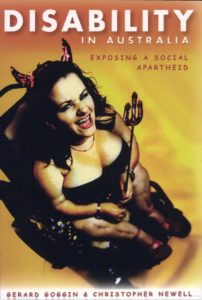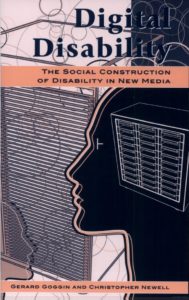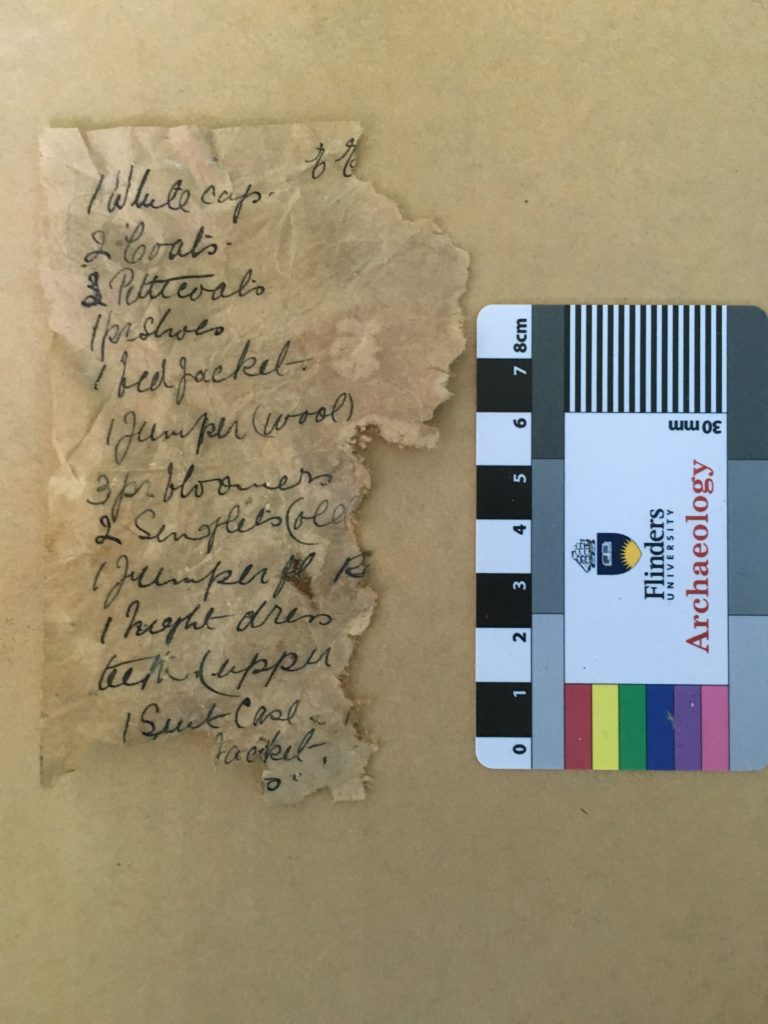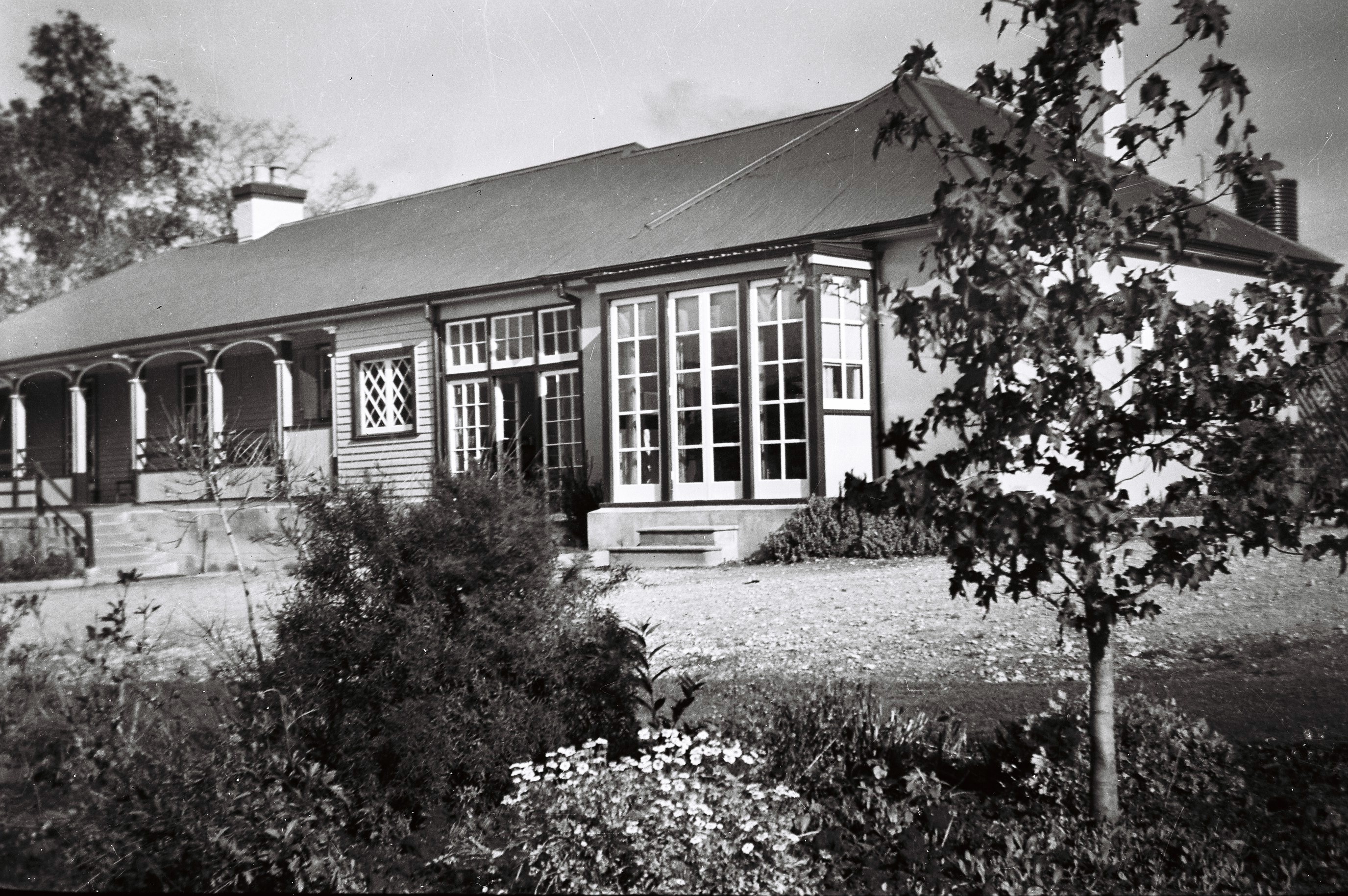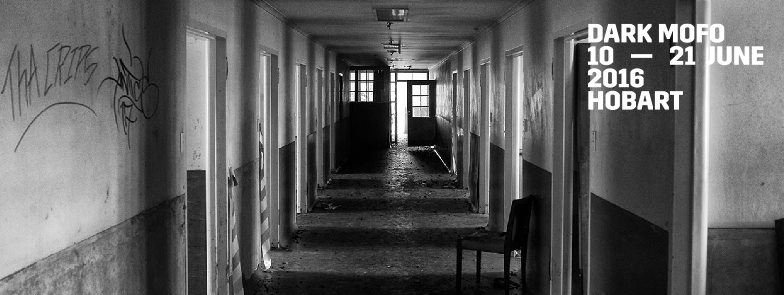Many people have been and seen the Dark MOFO exhibition at Willow Court. What’s it all about, that’s a fair question to ask. People wonder if this is art or is it ART, is it a strange new breed of thought that little of us understand? Here are some thoughts;
People leave desperate for a drink. Needing to discuss the experience. Which was what it is. A guy in an derelict asylum. Living and drawing.
Was it exploitative? Tasteless? Should the history of pain, of madness be left alone? Or washed away and replaced with 1000 count sheets and a minibar? What IS this artwork exactly?
Mike Parr’s simple presence, his request for silence and his ‘price’ that each person leaves a mirror created for me a quiet ritual acknowledgement of this place and its people. A bridge from a difficult past of people doing the wrong thing believing it was the best thing into whatever future the people of New Norfolk can manifest for what is an amazing built environment in a very very pretty town.
Overtime the rooms will change. As more and more footprints tramp through the possum poo and the mirrors accrue, each mirror an avatar for that person or for another person who might have lived and worked there, the asylum will be re-populated.
It’s an example of how art, performance and participation can create change. In time Willow Court will bustle with commerce. But it couldn’t until the nature of the space has been altered. ASYLUM is an effective start to that process.
Which reminds us that other sites in Tasmania that have been held in silence, that are loci of pain can be gently not healed, not cleansed… but acknowledged. Simply and with respect. But as Leigh said at the launch. It isn’t cheap. And it isn’t entertainment.
Ryk Goddard.
I struggle with this on many levels, too many to express here. Much of it gets down to “respect and intent” of the artist. Mike Parr is interesting and always provocative. I always feel the need to understand intent with these types of performances. The site deserves ‘respect’ & I detest performances that demonize, I don’t think that was his intent.. This article clarified for me, where Mike Parr was working from. Click Here to Read
Janet Presser
As I laid in bed and listened to the rain, cuddled my life partner and thought how lucky I was that I didn’t have to mow the lawn I thought of Mike Parr. As a colleague did the 6 o’clock tour this morning at Willow Court she said that Mike is sleeping on the floor on a mattress and how unexciting that was to watch, maybe Mike’s art form was to really understand his brother’s state of mental health and is captured in a cell that he could walk free from at any time, but instead is living the mind of his brother Tim, the man who was know as, “the man who spoke to himself”. Mike didn’t have what I had this morning or the choice to mow the lawn or not to, instead he is locked away in his mind doing his art? If we sprinkle some therapeutic dust over that we the community and good intentioned health professional could consider that to be the best we can do. You all have a nice day, I know I will.
Mark Krause
When teaching at TAFE we took our students through these buildings as part of their understanding the history (recent) of disability services in this state. Voices stain the walls and corridors. A space and place of great survival and violence. I hope to go but my fear is whether the performance will capture the abuse and violence of that place. I worked with many people that survived it. I don’t know if their stories and memories will be captured and evoked. Will they again be silenced? And this time by “art” i acknowledge this may be an unfair post as i am yet to experience. I just remember supporting a woman who used to live there. We were driving to the shops and out of the blue she said “they used to make us take out our teeth they did” pardon, what I replied? “Before we had to suck their you know, suck their….down there” gap, space as i did not know what to say, …. ” can we get some ice cream for after dinner” Maybe I will leave my mirror for her? I don’t know what the mirror will catch that is all???
Dr Paul Levett
I also reported on a conversation I had with MONA Owner David Walsh this week.
Yesterday I heard a story about a 9 year old boy who’s family were visiting his uncle at the Royal Derwent Hospital 37 years ago and while standing near the road he explained that he could see a lady on the bridge over the Lachlan River. This is the river that runs through the hospital and divides it into the east and west sides of the hospital. He explained that he was on the east side and he wondered what this lady was doing on the bridge. He said that she was dressed in a nightie while standing on the bridge. He then told me how he then watched her climb up on the side and then jump from the bridge. He then went on to express to me how cathartic it was to be standing and looking at the same bridge 37 years later. I could see the impression that this deep memory had left this man during his childhood. Who was this man, it was David Walsh. After a discussion I believe he does understand the site’s history and some of the painful past that makes up that history. I was able to answer some of his questions about the different buildings and their previous uses. For those that don’t know David, he is the owner of MONA http://www.mona.net.au/ and the generous philanthropic person behind the current art installation (Mike Parr) at Willow Court.
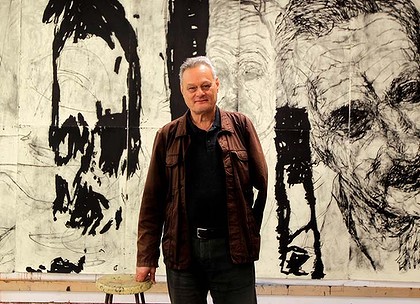
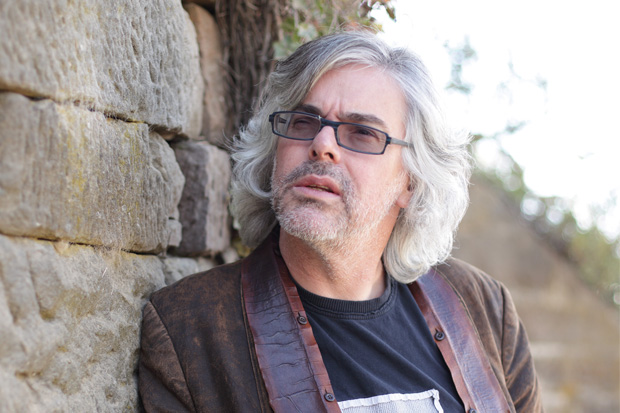
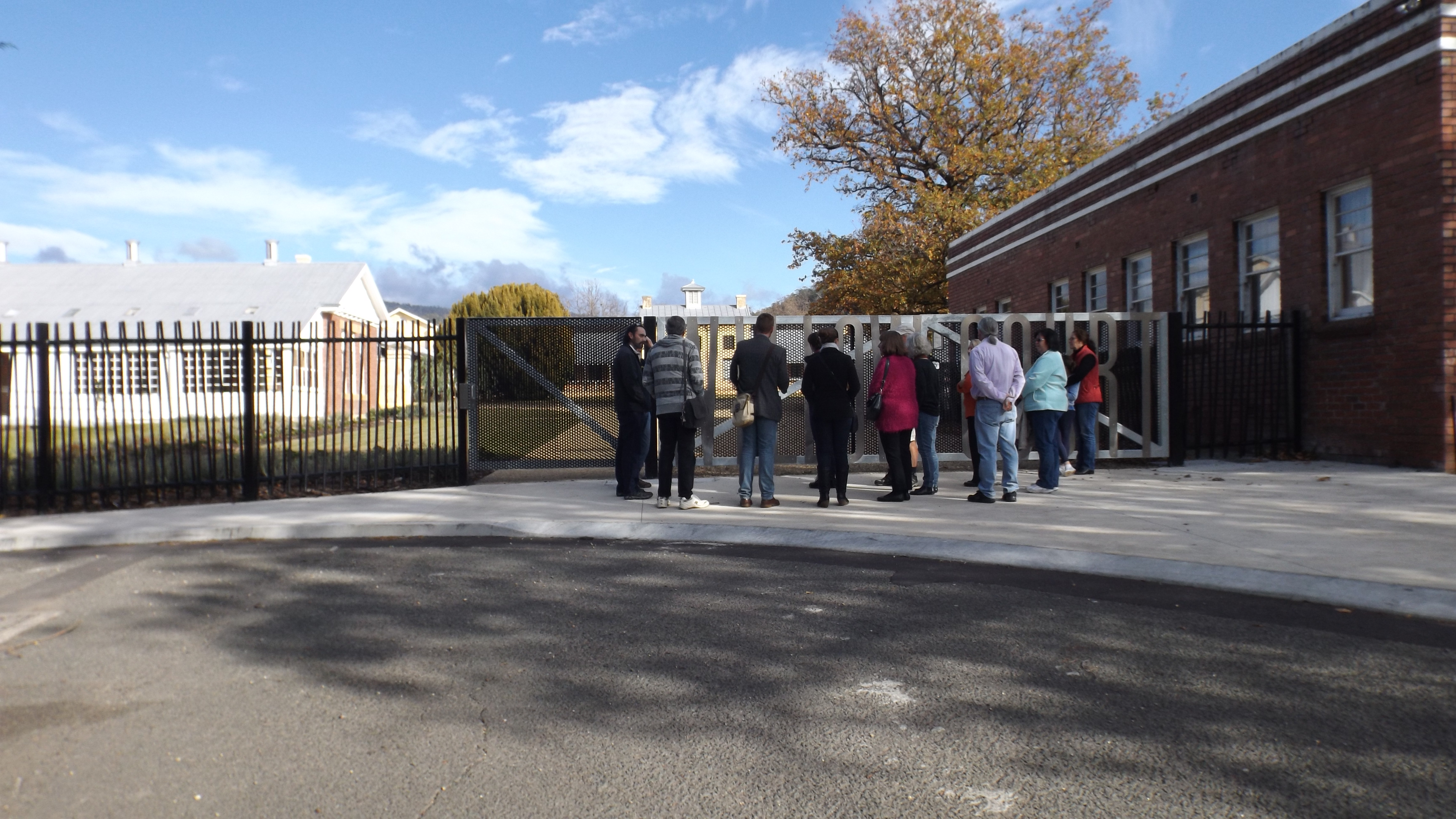

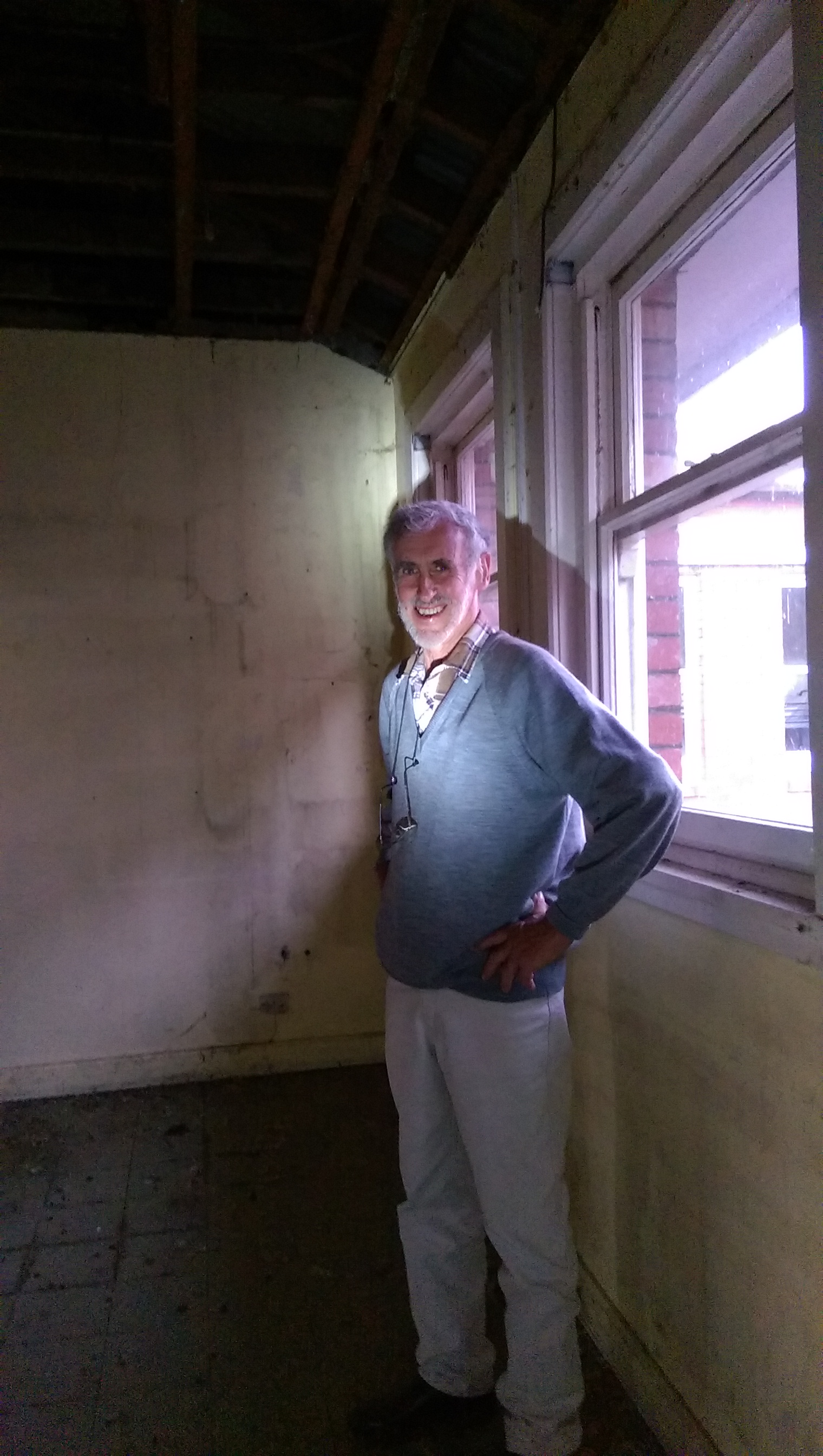
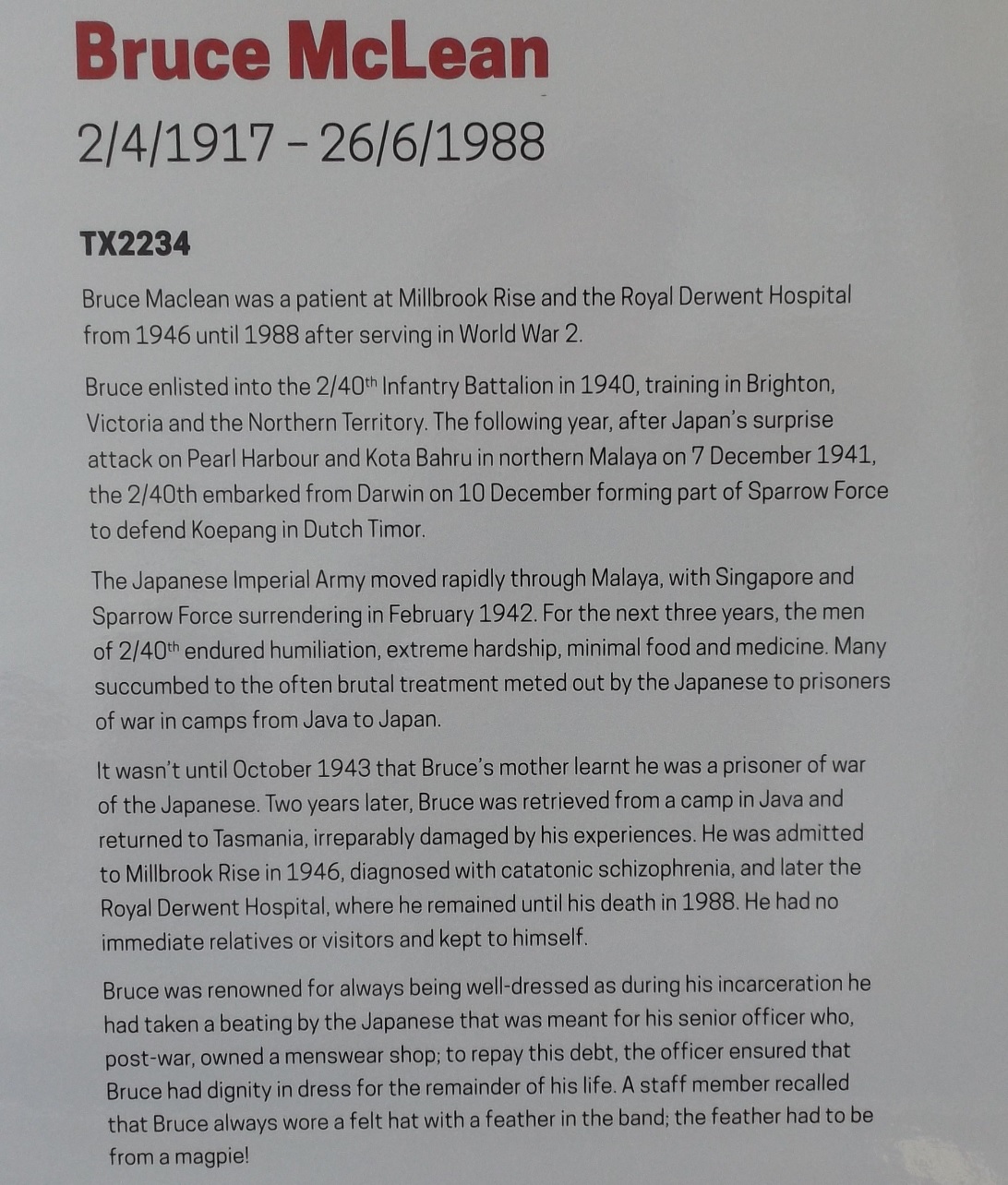
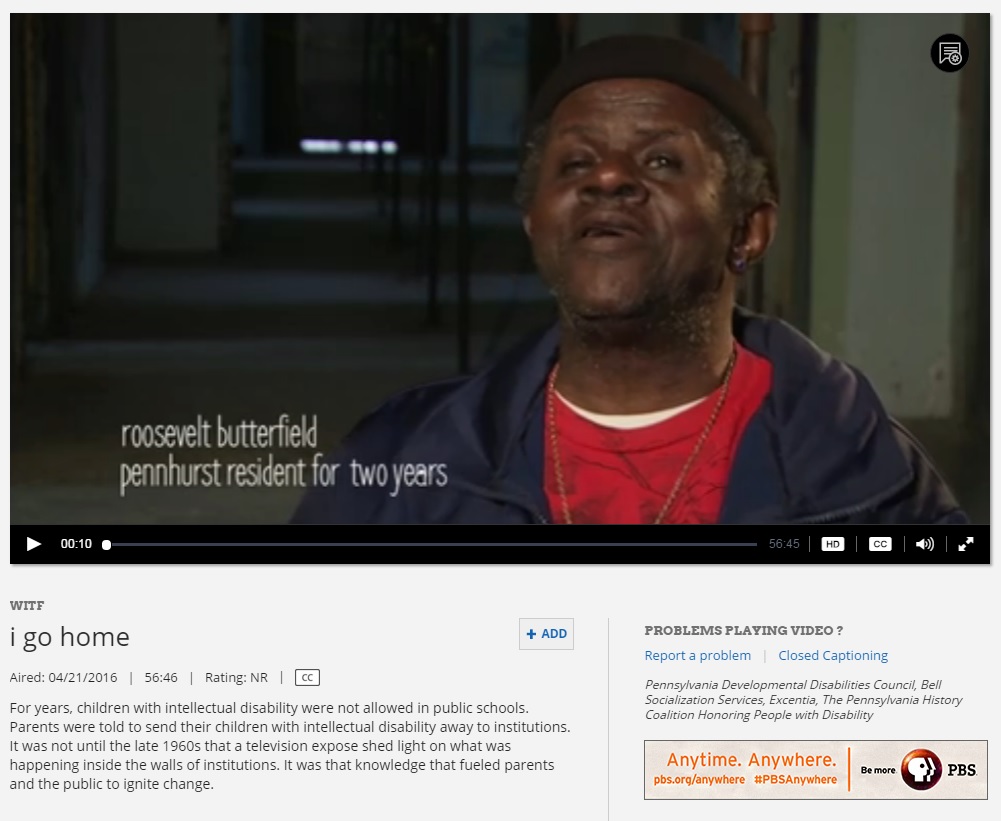

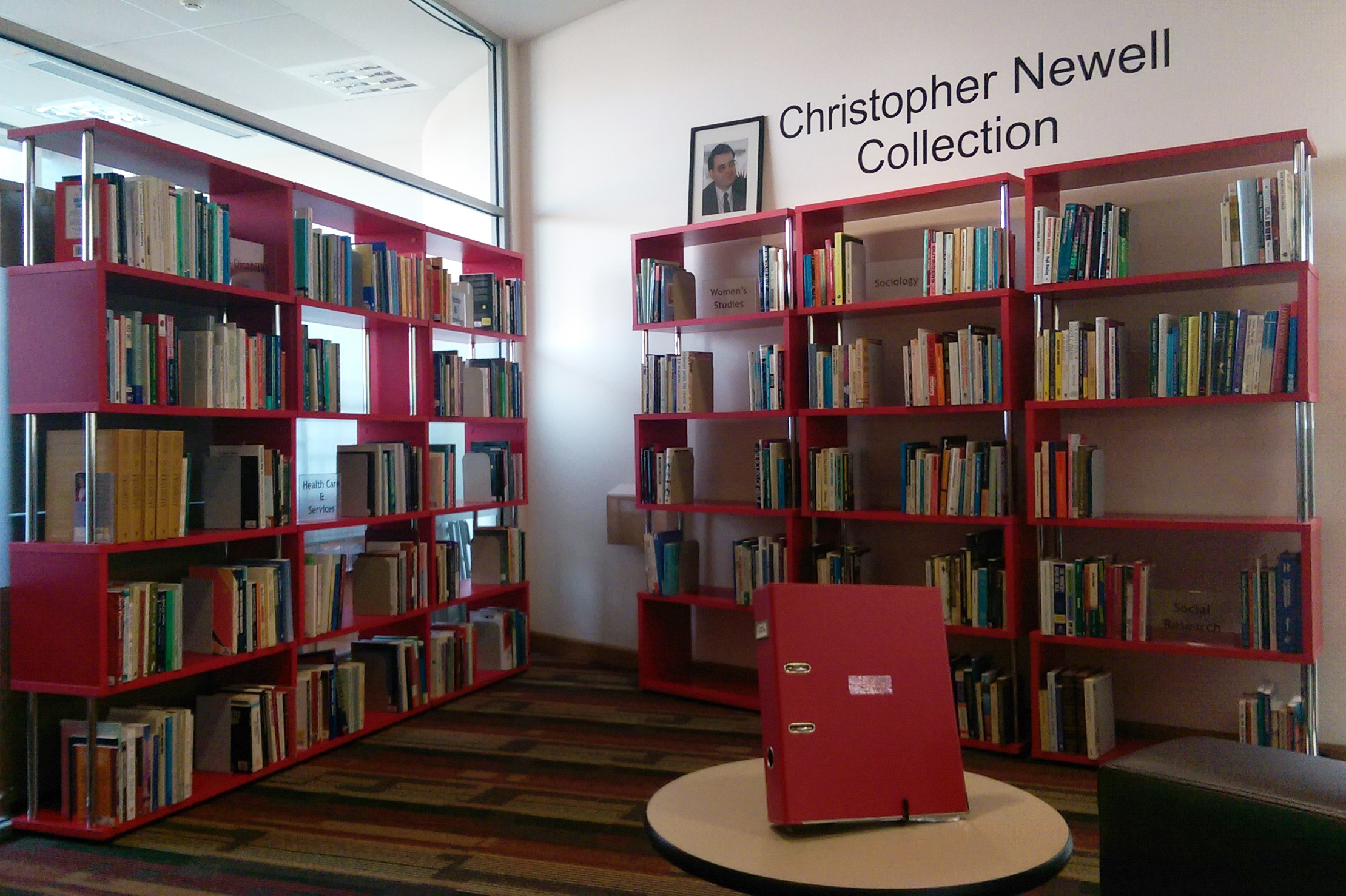 This collection of books and papers, some written by Christopher Newell are now available for public viewing at the TasTAFE Clarence Library. One third of his private Library was donated to TasTAFE some time ago and has been catalogued into this small collection. The remaining collection was donated to Trinity College Melbourne. Christopher Newell held the position of Associate Professor in bioethics at TasUni medical school, he was also known as the Reverend Cannon Christopher Newell and was on the staff at Hobart’s Anglican Cathedral.
This collection of books and papers, some written by Christopher Newell are now available for public viewing at the TasTAFE Clarence Library. One third of his private Library was donated to TasTAFE some time ago and has been catalogued into this small collection. The remaining collection was donated to Trinity College Melbourne. Christopher Newell held the position of Associate Professor in bioethics at TasUni medical school, he was also known as the Reverend Cannon Christopher Newell and was on the staff at Hobart’s Anglican Cathedral.